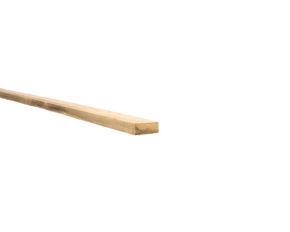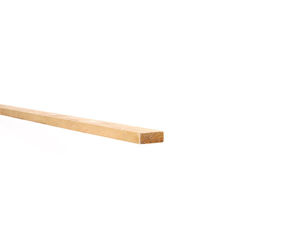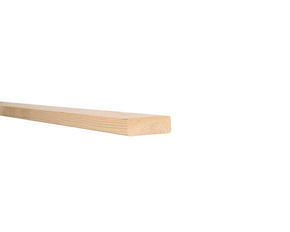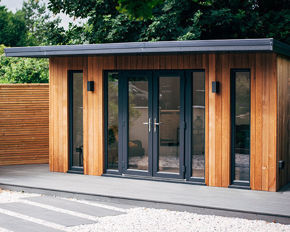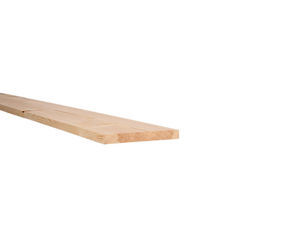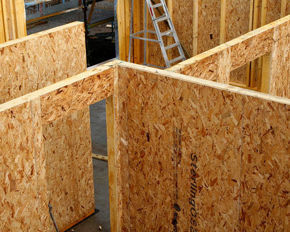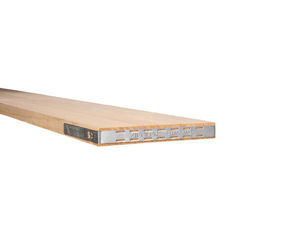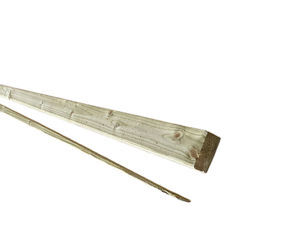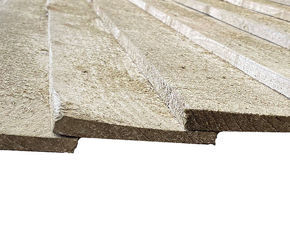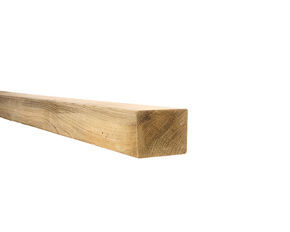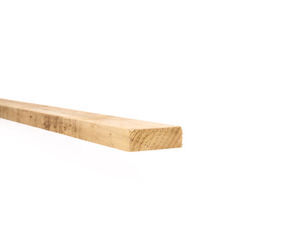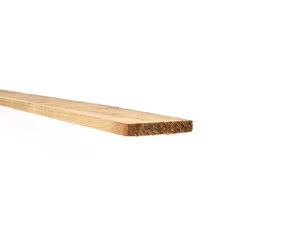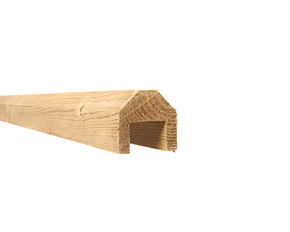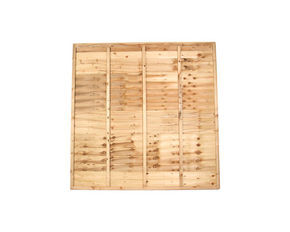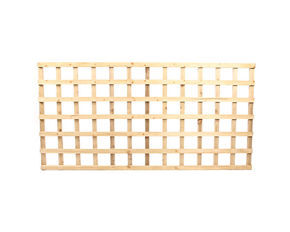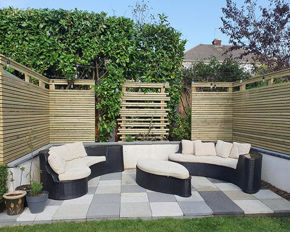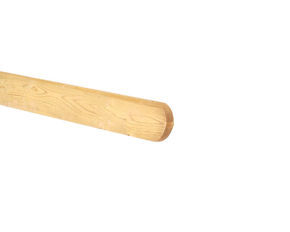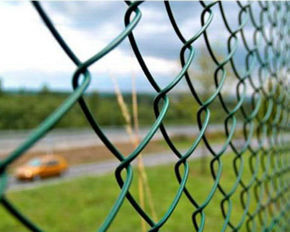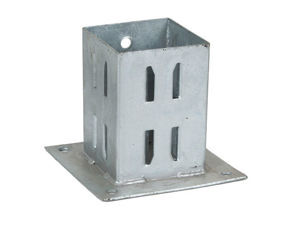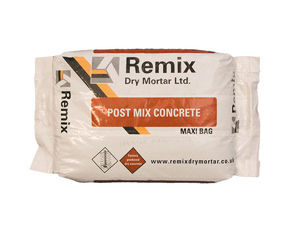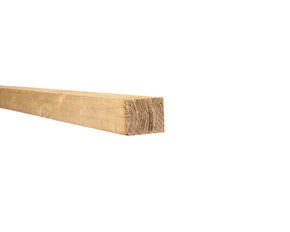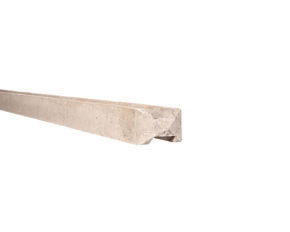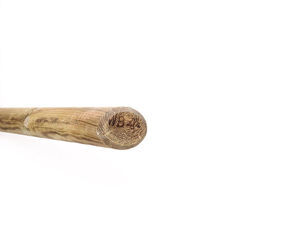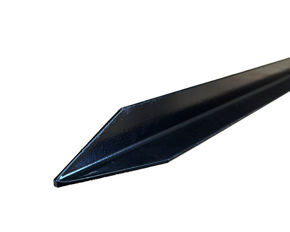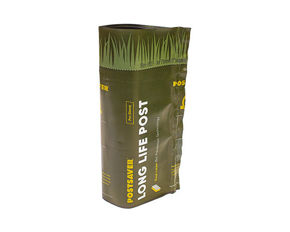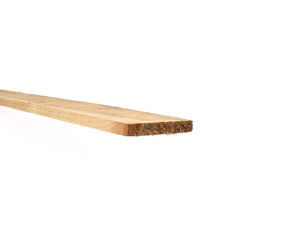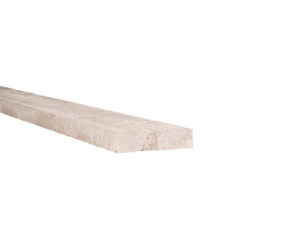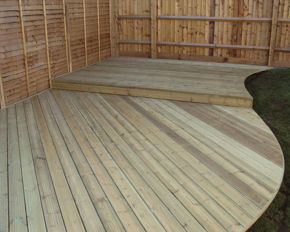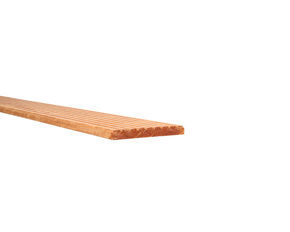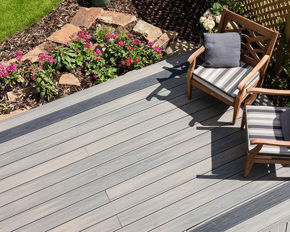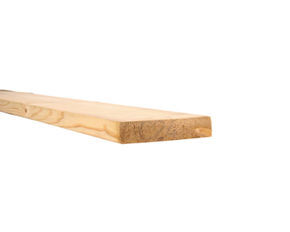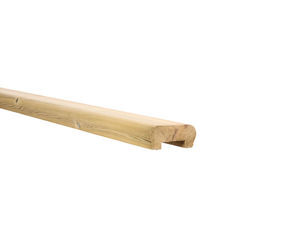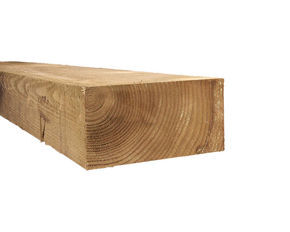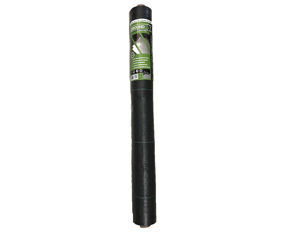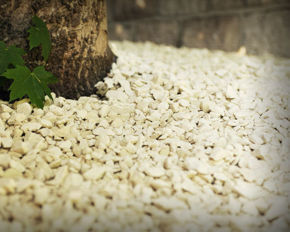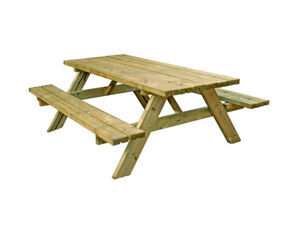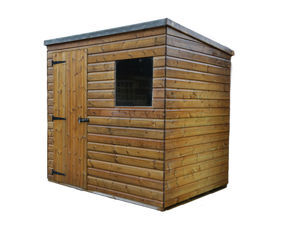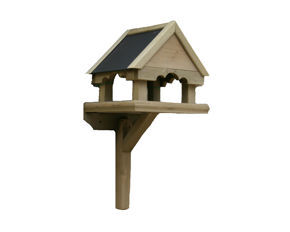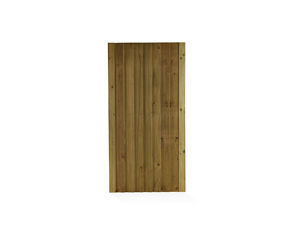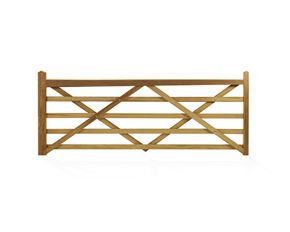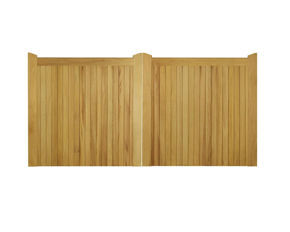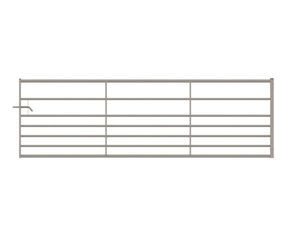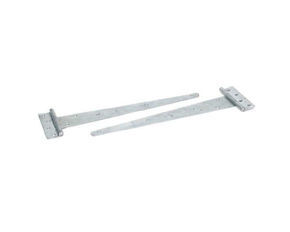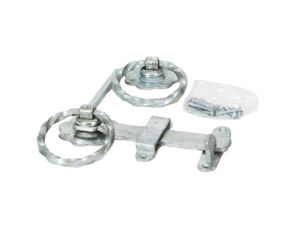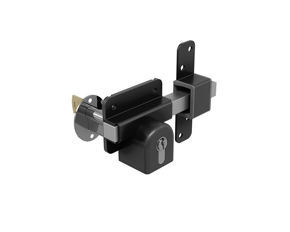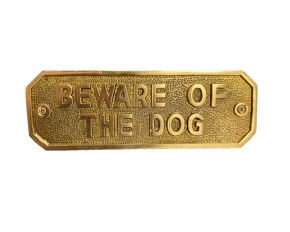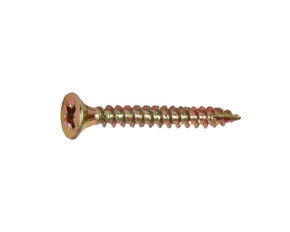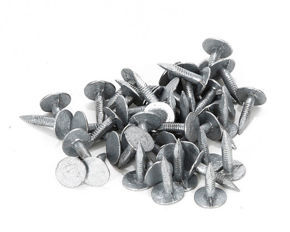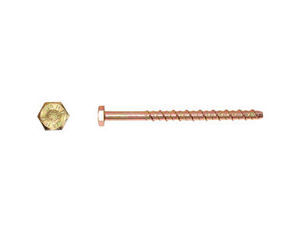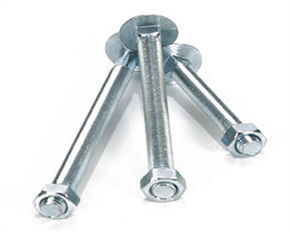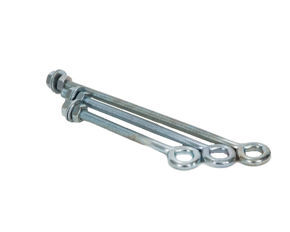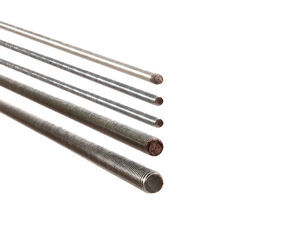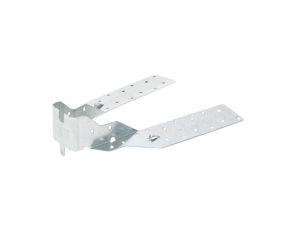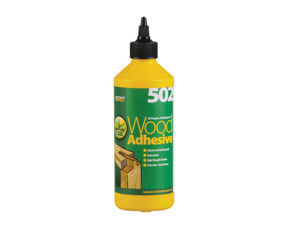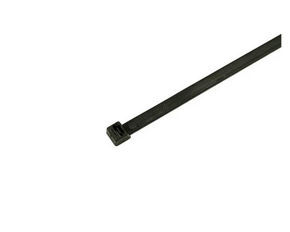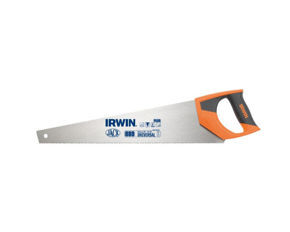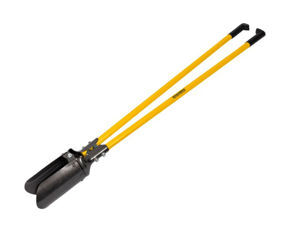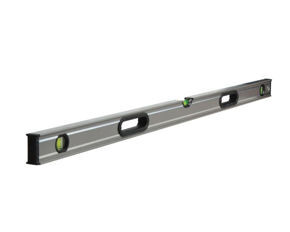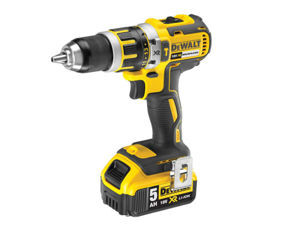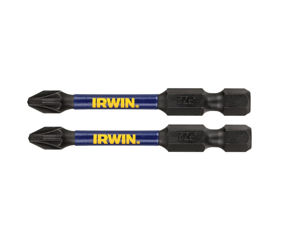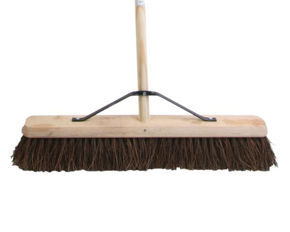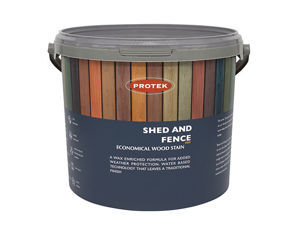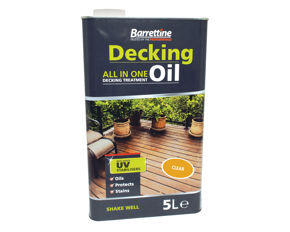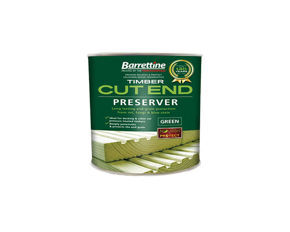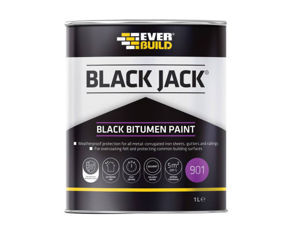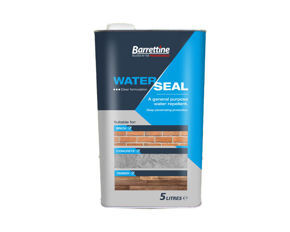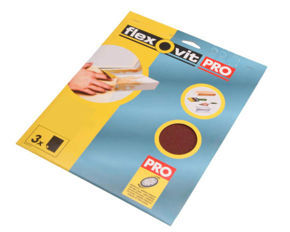Deciding between concrete or wooden fence posts is the first step in building a strong, secure, and attractive barrier for your property. This choice hinges on several factors, including your budget, the desired lifespan of the fence, and the overall aesthetic you're aiming for. Let's delve deeper into the pros and cons of each material to help you make an informed decision on whether to choose concrete or wooden fence posts.
Concrete Fence Posts
Pros:
Unmatched Durability: When choosing between concrete or wooden fence posts, concrete stands out for its exceptional strength and resilience. It's impervious to rot, insect infestation, and harsh weather conditions. A well-constructed concrete fence can last several decades with minimal upkeep, making it a cost-effective option in the long run.
Low Maintenance: Unlike wood, concrete requires minimal maintenance. You won't need to worry about applying regular coats of stain or sealant to protect it from the elements. Occasional cleaning with soap and water might be all that's required to keep your concrete fence looking its best.
Enhanced Security: Concrete fence posts often have pre-formed grooves designed to hold fence panels. However, for additional security, panels can be bolted directly to the concrete, creating a sturdier structure that's less susceptible to tampering. This is particularly beneficial for privacy fences or those in areas with higher security concerns.
Fire Resistance: Concrete is a non-combustible material, making it a good choice for fire-prone areas. A concrete fence can act as a fire barrier, potentially slowing the spread of flames and protecting your property.
Cons:
Installation Challenges: Concrete's biggest drawback is its weight. These posts can be quite heavy, requiring more manpower and potentially specialised equipment for secure installation. This can translate to higher labour costs compared to wooden posts.
Weight and Transportation: The weight of concrete posts also impacts transportation. If you purchase the materials yourself, the additional weight can lead to higher hauling fees.
Aesthetics: Concrete has a more industrial look that may not complement every landscaping style. While some modern or minimalist designs can benefit from the clean lines of concrete, they might clash with a more traditional or rustic aesthetic.

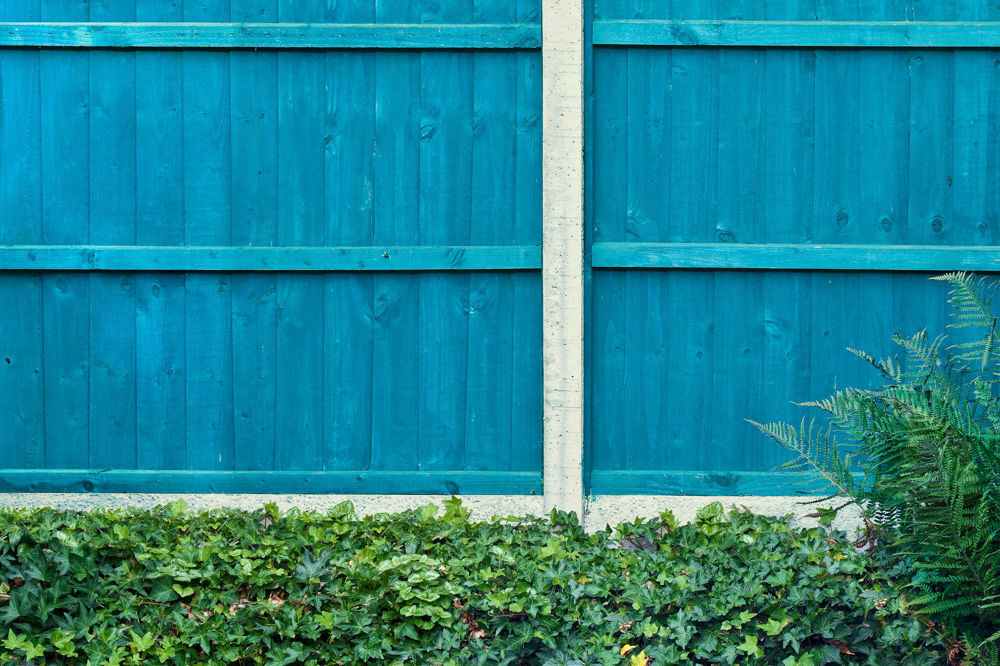
Wooden Fence Posts
Pros:
Cost-Effectiveness: Wood is typically a more budget-friendly option compared to concrete. The initial cost of purchasing and installing wooden posts is generally lower.
Ease of Installation: Timber posts are significantly lighter than concrete, making them easier to handle and install. This can be a DIY project for the handy homeowner, potentially saving on labour costs.
Natural Beauty: Wood offers a classic, natural aesthetic that blends seamlessly with many landscaping styles. The warmth of wood creates a more inviting atmosphere and complements gardens or properties with a focus on natural elements. You can further customise the look with stains or paint to match your décor.
Repairability: While wood is susceptible to damage, minor repairs are often easier and less expensive than concrete. For instance, a single rotten board can be replaced without needing to reconstruct the entire fence section.
Cons:
Susceptibility to Damage: Wood's main weakness is its vulnerability to rot, insect damage, and warping over time. These factors can significantly shorten the lifespan of your fence if proper maintenance is neglected.
Maintenance Needs: To ensure longevity, wooden fences require regular maintenance. This includes applying stain or sealant every few years to protect the wood from moisture and UV damage. Additionally, you might need to replace individual boards or posts that become damaged over time.
Security Considerations: While wooden posts can be secured with screws, panels held in place by grooves in concrete posts might be easier to remove for potential intruders.
Ultimately, choosing between concrete or wooden fence posts depends on your priorities and the specific needs of your property. Here's a quick recap to help you decide:
Concrete is the superior option for a long-lasting, low-maintenance fence, especially in exposed areas or those requiring enhanced security.
If you're on a budget or prefer a natural aesthetic and are willing to invest some time in maintenance, wooden fence posts can be a good choice.
However, there are some additional factors to consider beyond the core pros and cons.
Local regulations: Some areas might have restrictions on fence materials or heights. Check with your local building department to ensure your chosen material complies with regulations.
Soil conditions: The type of soil on your property can impact which post you select. For instance, softer soils might require deeper post holes for concrete posts to ensure stability.
Post size and depth: The size and depth of the posts will depend on the height and weight of your fence panels. Consult with a trusted building merchant for recommendations based on your specific fence design.


Try Combining Materials
You're not limited to choosing just one material. Consider combining a wooden fence with concrete posts for a fence that offers a balance of benefits. This approach provides the long-lasting durability of concrete with the natural aesthetics of wood.
So, Should I Choose Concrete or Wooden Fence Posts?
By carefully weighing the pros and cons of concrete and wooden fence posts, alongside the additional factors mentioned above, you can find a solution that aligns with your budget, desired look, and long-term goals for your fence.
Remember, a well-constructed fence adds value to your property, enhances privacy and security, and can even improve the curb appeal of your home. Choose wisely, and enjoy your new fence for years to come!
For help deciding whether concrete or wooden fence posts are best for your project, get in touchwith us or head down to our Bristol timber yard to explore our options.

